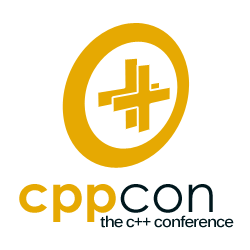Reaching out for new speakers at Meeting C++ 2017
An update on the ongoing call for talks for Meeting C++ 2017:
Reaching out for new speakers at Meeting C++ 2017
by Jens Weller
From the article:
Maybe you can help in an ongoing effort for the C++ Community...
There is an ongoing effort, to ensure that everyone feels welcome at our C++ events...


 You want to know what happened?
You want to know what happened?